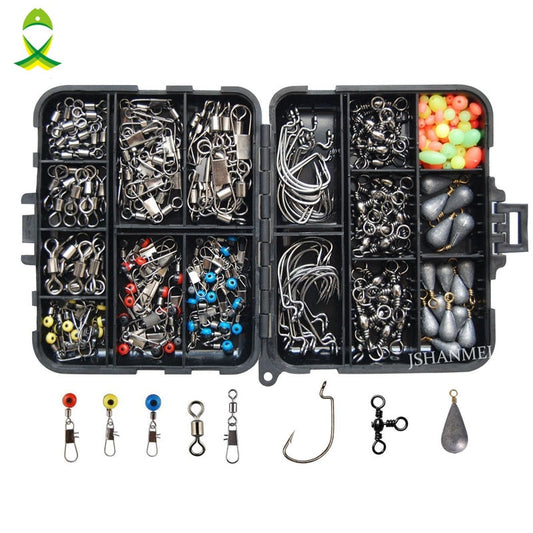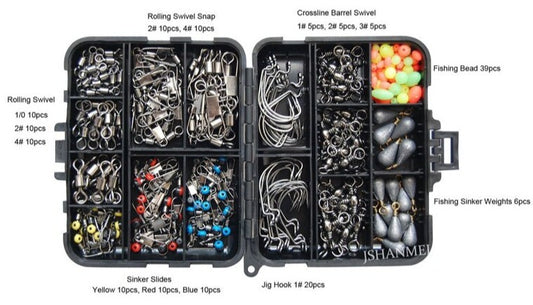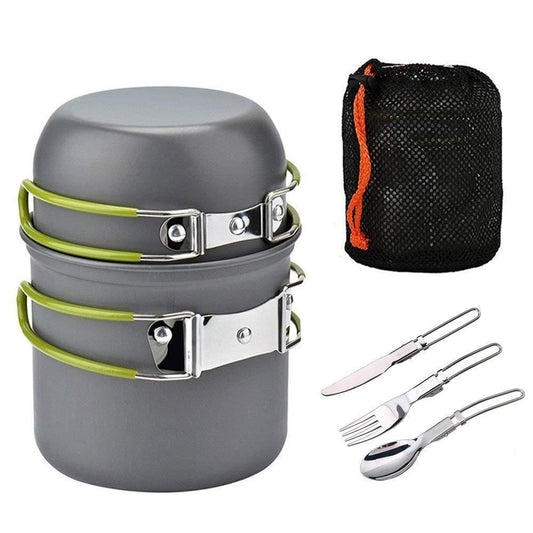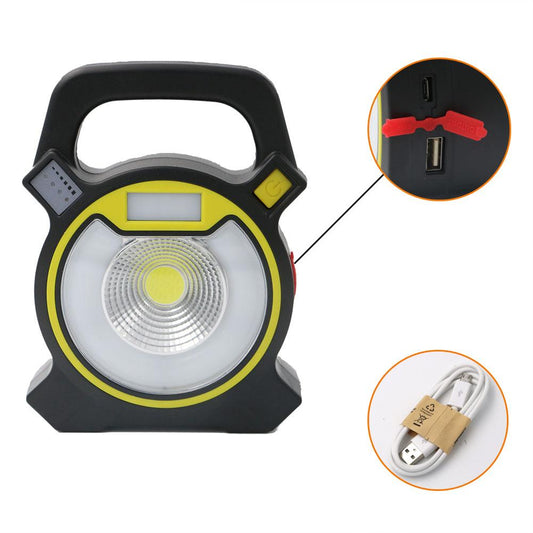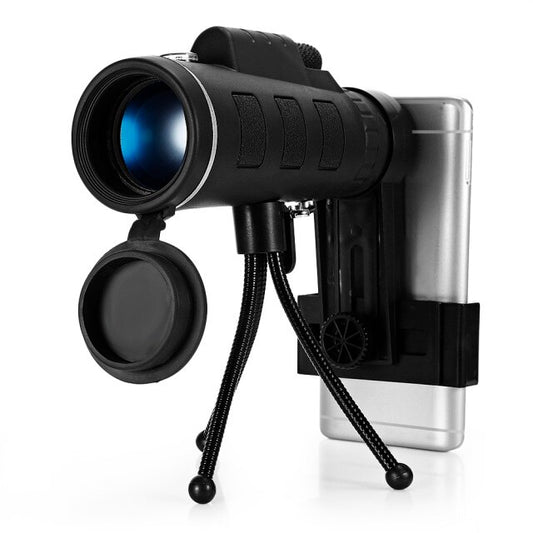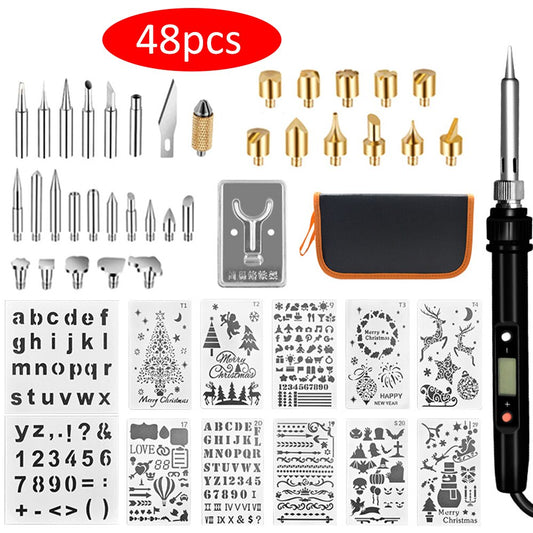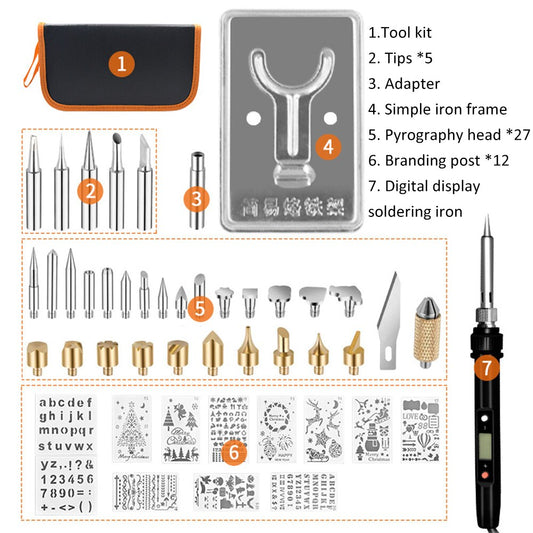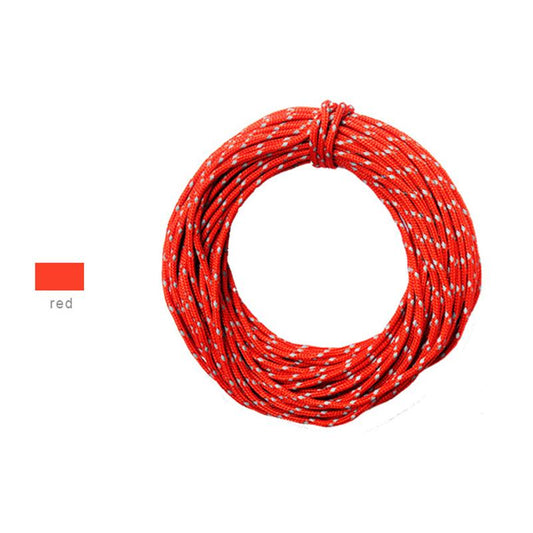
How To Reduce Impulse Buying
Share
Impulse buying is a common challenge for young adults, often fueled by emotional triggers, social influence, and the ease of online shopping. It can lead to financial strain, making it harder to save for long-term goals, and contribute to cluttered living spaces filled with unnecessary or rarely used items. However, developing mindful shopping habits can help curb impulse purchases and promote financial well-being.
Reasons Behind Impulse Buying
- Emotional Triggers – Stress, boredom, or excitement can drive impulsive spending as a form of instant gratification.
- Marketing Tactics – Retailers use psychological strategies such as limited-time offers, discounts, and scarcity marketing to encourage spontaneous purchases.
- Social Influence – Peer pressure and social media ads make certain products seem irresistible, pushing young adults to spend impulsively.
- Easy Access to Shopping – The convenience of one-click purchases and mobile payment options makes buying effortless and often thoughtless.
Strategies to Reduce Impulse Buying
- Create a Budget & Stick to It – Setting a monthly spending limit and tracking expenses can prevent unnecessary purchases.
- Use the 24-Hour Rule – Before making a non-essential purchase, wait 24 hours to see if the desire to buy still exists. This helps differentiate between wants and needs.
- Make a Shopping List – Whether grocery shopping or browsing online, sticking to a pre-made list prevents unplanned purchases.
- Unsubscribe from Marketing Emails – Reducing exposure to promotional emails and ads lowers the temptation to shop.
- Limit Credit Card Use – Using cash or a debit card for discretionary spending can make purchases feel more tangible and reduce overspending.
- Find Alternatives to Emotional Spending – Engaging in hobbies, exercise, or social activities can replace shopping as a coping mechanism.
- Declutter & Reflect – Regularly organizing and evaluating past impulse buys can serve as a reminder of unnecessary purchases and encourage more intentional spending.
By implementing these strategies, young adults can develop healthier financial habits, reduce clutter, and make more mindful decisions when it comes to spending.
Understand the Psychology Behind Impulse Buying
Impulse buying is not simply a matter of willpower. It is often rooted in our emotions and influenced by how businesses shape the buying experience. Advertisements, limited-time offers, social media posts, and even friends can create a strong urge to spend. Many times, buying something new gives you a short burst of happiness, which can feel especially tempting when you are stressed or feeling down.
As you step into financial independence, it is important to recognize these patterns. One of the most powerful tools you have is awareness. The next time you feel the pull to buy something on a whim, pause and ask yourself, am I buying this because I truly need it, or because it is filling an emotional gap? Remember, marketing often plays on your emotions, making you believe a product will improve your life, but that feeling usually fades quickly.
To build stronger habits, you can practice simple strategies. Give yourself a waiting period before purchasing non-essential items. This could be twenty-four hours or even a full week. You can also unsubscribe from marketing emails and unfollow social media accounts that tempt you to spend. Creating a clear budget that reflects your priorities will help you stay grounded, making it easier to say no to unnecessary purchases.
By becoming more aware of the emotional triggers behind your spending, you are taking an important step toward becoming a more mindful and confident money manager. Each choice you make helps strengthen your ability to control your finances, rather than letting your finances control you.
Avoiding situations that trigger impulse buying...
Avoiding situations that trigger impulse buying can be a powerful way to break the habit. Start by unsubscribing from marketing emails that tempt you to spend. Consider unfollowing social media accounts that promote constant shopping. When possible, limit your time in stores or online shopping environments, especially when you are feeling stressed or bored. By creating some space between yourself and these triggers, you give yourself a better chance to make thoughtful, intentional financial choices.
Create a detailed list of needed items
Create a detailed list of the items you truly need before you begin shopping. Take the time to review your budget and plan your purchases carefully. Once your list is made, commit to buying only what is on it. Bring the list with you, whether you are shopping in person or online, and refer to it as you go. This simple practice helps you stay focused, reduces the temptation to make spontaneous purchases, and builds discipline around spending. Over time, using a list can strengthen your ability to make intentional choices and keep your finances on track.
Take some time to consider the necessity and value of the item.
Take some time to reflect on whether the item is truly necessary and whether it offers lasting value. Before making a purchase, ask yourself if this is something you need right now or if it can wait. Practicing delayed gratification helps you build clarity around your spending decisions. It allows you to separate momentary wants from genuine needs, and in doing so, you strengthen your ability to make choices that support your long-term financial well-being. The more you practice this, the easier it becomes to resist the pull of impulse buying.
Establishing clear financial goals
Establish clear financial goals that inspire and motivate you. Whether you are saving for a special trip, building an emergency fund, or working toward greater financial freedom, having specific goals helps give purpose to your spending choices. When you feel the urge to make an impulse purchase, pause and remind yourself of the bigger picture. Ask yourself if this purchase supports or takes away from the goals you have set. Keeping your goals front and center makes it easier to stay disciplined, turning short-term temptations into opportunities to practice self-control and stay on track with your financial plan.
Share your goal of reducing impulse buying
Share your goal of reducing impulse buying with a trusted friend or family member. Let them know what you are working toward and ask if they would be willing to help hold you accountable. Having someone to check in with provides extra support and encouragement, especially when you are feeling tempted to stray from your budget. Sometimes just knowing that someone else is aware of your goals can help strengthen your resolve. Accountability also creates an opportunity to celebrate your progress, which builds confidence and reinforces positive financial habits over time.
By implementing these strategies, young adults can take control of their spending habits, make more intentional purchases, and work towards financial stability and long-term goals.
Presented by Coach Trina at Dragoyle.com







